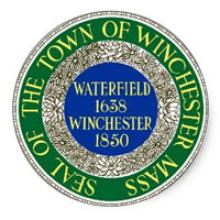In California, Tough Economic Times Led Shafter To Adjust Network Plan
In the 1990s, the community of Shafter, California, began developing its strategic plan; the move would eventually lead them to build a municipal broadband network. The town of 17,000 still depended primarily on agriculture but manufacturers were relocating to the community, drawn by its proximity to the railroad and its open space. Potential employers increasingly focused on broadband access as a priority and Shafter realized broadband would be critical to continued growth.
Shafter’s Assistant City Manager Scott Hurlbert recently explained to us how the community built its own fiber network to serve commercial clients, local government, and schools. This incremental approach is not unique but Shafter has no municipal electric nor gas utility, which does puts it in the company of Santa Monica, Mount Vernon, and a few other communities that have built networks without having a municipal power company.
Shafter’s City Council examined its strengths and its weaknesses and found a way to build a network with no borrowing or bonding. The community continues to expand its fiber network, attracting businesses and improving quality of life in this central California town.
In the 1990s AT&T was the main business services provider and it would only improve business telecommunications on an order-by-order basis. Companies that wanted to build beyond the developed town had to pay for the installation themselves, often waiting months to get connected. Prices were "obscene" and the delays almost killed several commercial deals. Even today AT&T takes the same approach in Shafter.
When he joined the City in 2005 as the IT Director, Hurlbert and his staff researched wireless technologies but determined that fiber-optic deployment would be the best option. At that time, the bandwidth demand was already intense and a wireless network would need fiber for backhaul. Hurlbert and staff also investigated other communities, including Chelan, Washington, to look for workable models.




